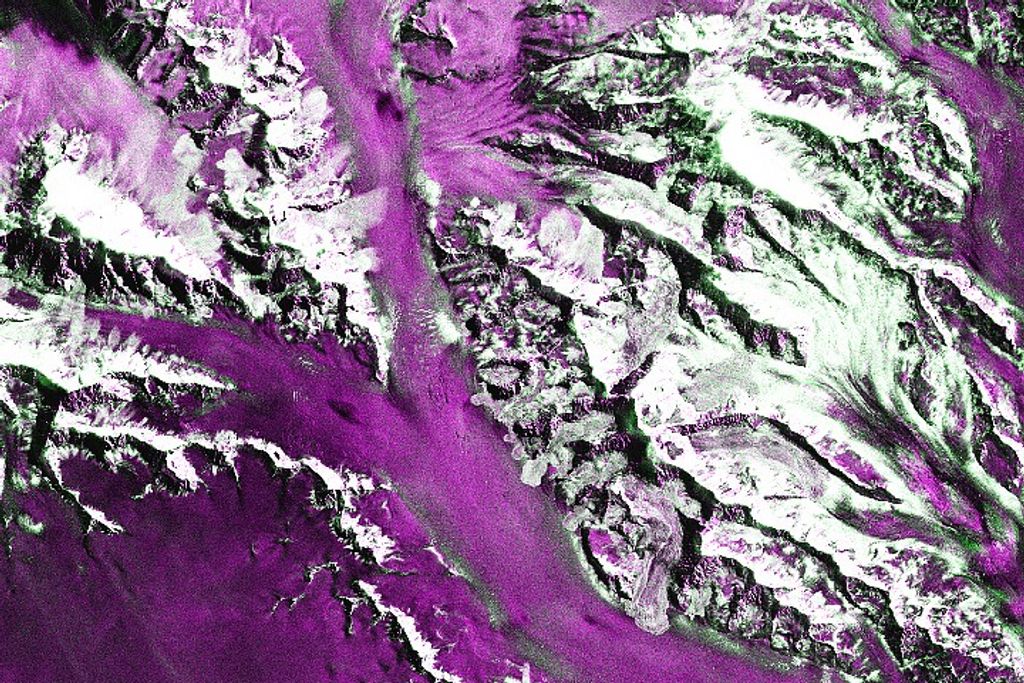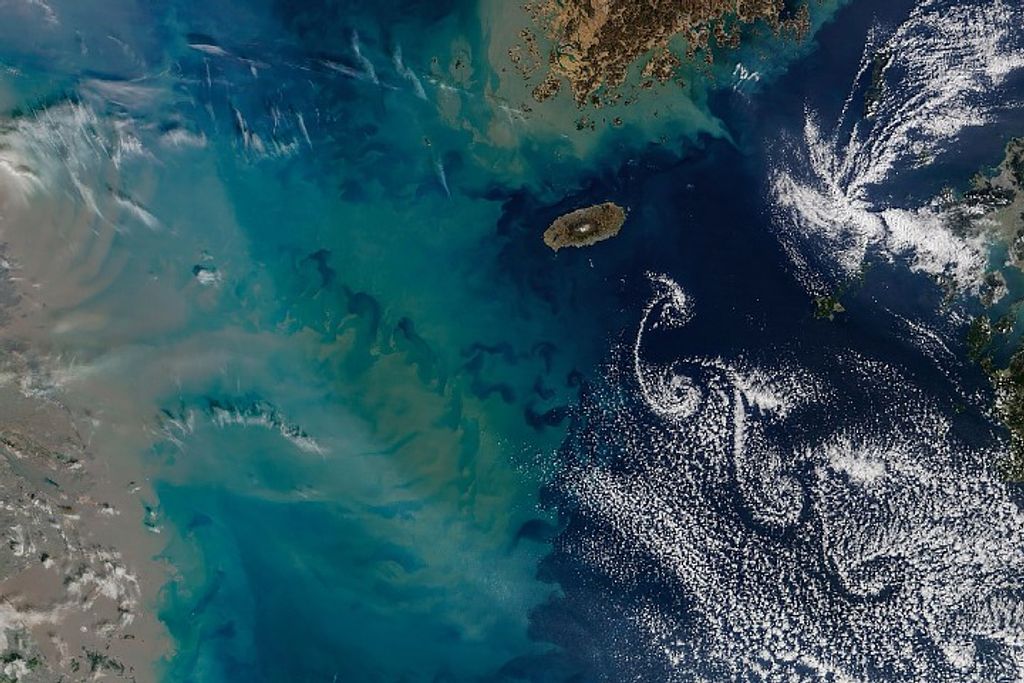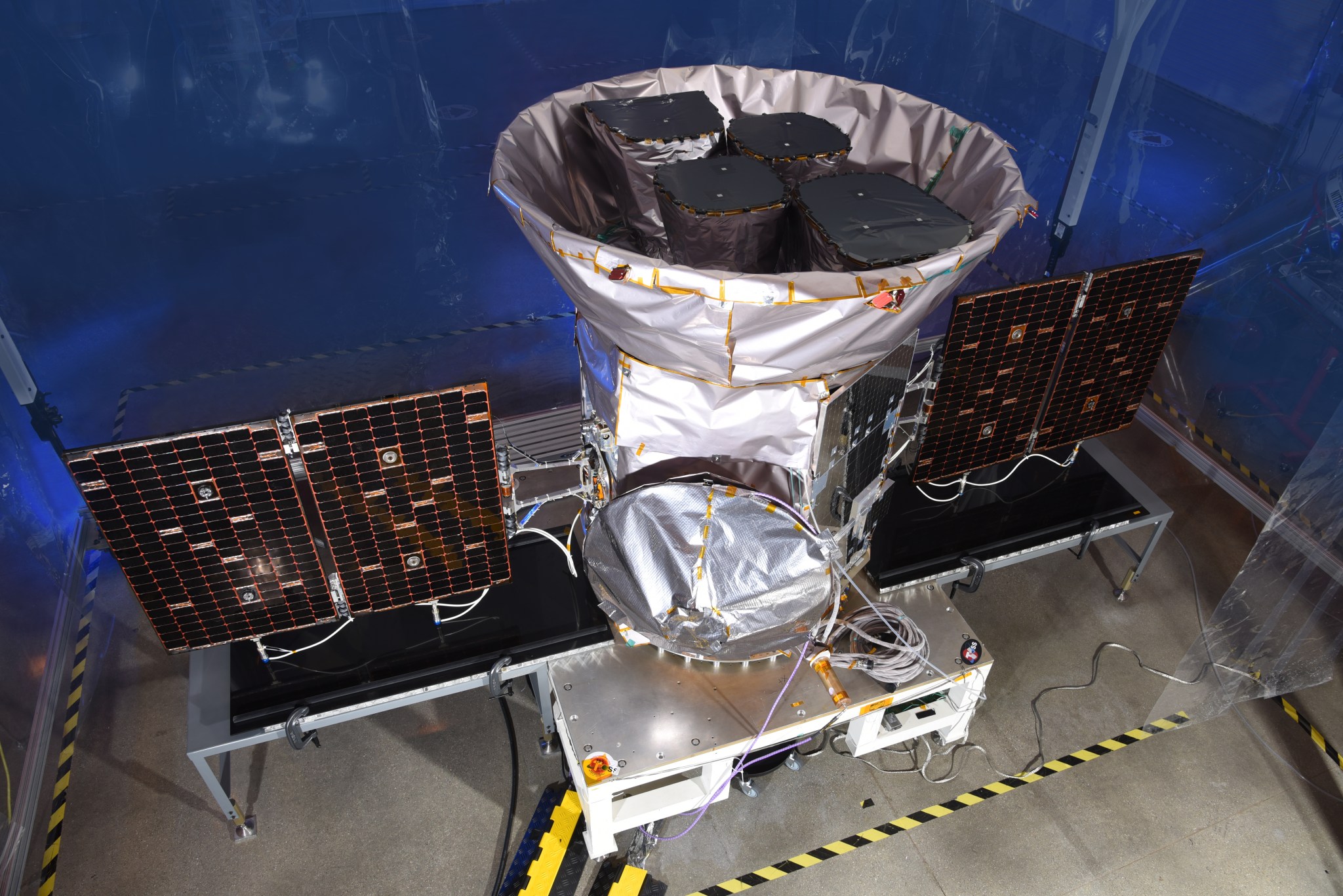Media are invited to view the Transiting Exoplanet Survey Satellite (TESS) on Tuesday, Feb. 20, at the Payload Hazardous Servicing Facility (PHSF) at NASA’s Kennedy Space Center in Florida.
TESS is the next step in the search for planets outside of the solar system orbiting other nearby, bright stars. The mission will find these planets (e.g., “exoplanets”) that periodically block part of the light from stars while transiting across the star. The media event is an opportunity to photograph the spacecraft and interview project and program team members.
This event is open only to U.S. citizens who possess a government-issued photo identification, such as a driver’s license, and proof of U.S. citizenship, such as a passport or birth certificate. Two forms of government-issued identification are required, including one with a photograph, such as a driver’s license and passport.
To apply for media credentials, go to https://media.ksc.nasa.gov. Media interested in attending this event must also RSVP via email at ksc-media-accreditat@mail.nasa.gov. The deadline for submitting credentials and to RSVP is no later than noon on Friday, Feb. 16.
Due to space restrictions, only two representatives from each media organization will be allowed to participate, and no more than 30 participants may sign up for the viewing opportunity.
As details for this event are finalized, more information will be provided about access to the PHSF, along with arrival and event times to registered media.
TESS is targeted to launch this spring on a SpaceX Falcon 9 rocket from Space Launch Complex 40 on Cape Canaveral Air Force (CCAFS) Station in Florida.
TESS is a NASA Astrophysics Explorer mission led and operated by MIT in Cambridge, Massachusetts, and managed by NASA’s Goddard Space Flight Center in Greenbelt, Maryland. Dr. George Ricker of MIT’s Kavli Institute for Astrophysics and Space Research serves as principal investigator for the mission. Additional partners include Orbital ATK, NASA’s Ames Research Center, the Harvard-Smithsonian Center for Astrophysics and the Space Telescope Science Institute. More than a dozen universities, research institutes and observatories worldwide are participants in the mission. NASA’s Launch Services Program is responsible for launch management. SpaceX of Hawthorne, California, is the provider of the Falcon 9 launch service.
-end-
Josh Finch
Kennedy Space Center, Fla.
321-867-2468
joshua.a.finch@nasa.gov
Felicia Chou
Headquarters, Washington
202-358-0257
felica.chou@nasa.gov


























